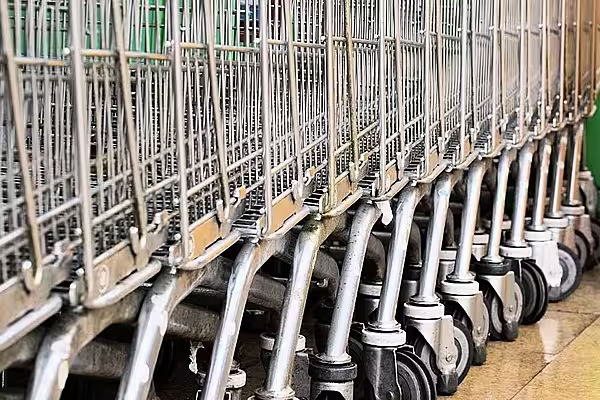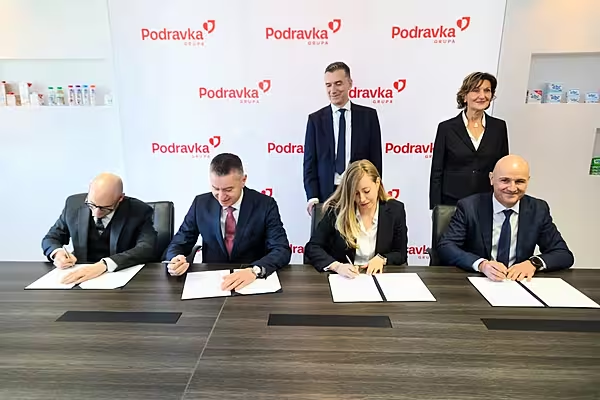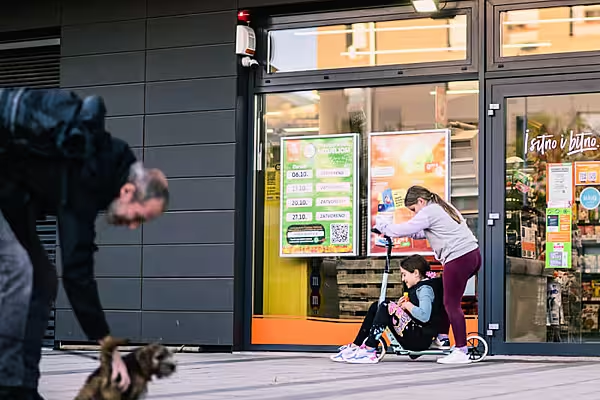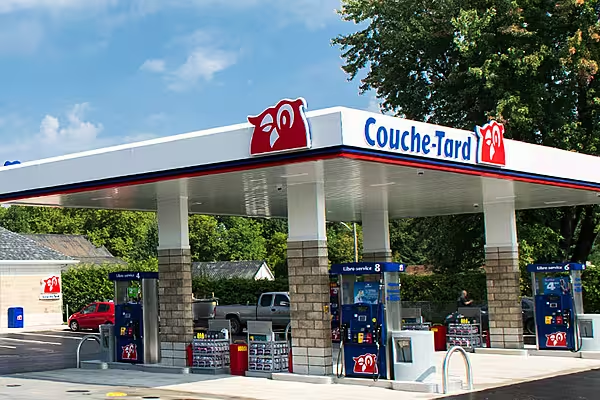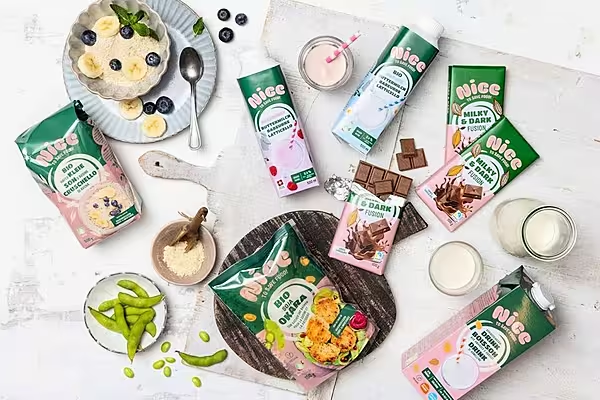Consumers in the Balkans have united in boycotting supermarkets to protest rising grocery prices and the worsening cost of living.
The boycott, which started in Croatia on 24 January and spread via social media, saw shoppers in several countries, including Bosnia and Herzegovina, Montenegro, North Macedonia, and Serbia, staying away from stores on 31 January.
On social networks, consumers have been sharing examples of identical products costing significantly more at home than in neighbouring or EU countries, even when those products are domestically produced.
The Croatian consumer group Halo, Inspektore initiated the movement, subsequently calling for a week-long boycott of selected supermarket chains, targeting them for alleged price discrepancies compared to other EU countries.
Data from the Croatian tax authorities show a 44% drop in supermarket transactions during the initial boycott day, with total sales down by 53%.
Price Rise
This movement stems from a 30% surge in average food prices in Croatia over the past three years, with staples like eggs and bread seeing even higher increases. Consumer groups also claim prices have risen since Croatia adopted the euro.
Some Croatians have opted to do their grocery shopping in neighbouring countries, such as Italy and Slovenia, for cheaper goods.
In response to the protests, the Croatian government expanded its list of price-capped essential goods, taking the total to 70, and several retailers have responded with their price reductions and freezes.
The Serbian consumer association Efektiva urged citizens to participate in the boycott, emphasising the power of collective action to influence retailers and the state.
While the Serbian Chamber of Commerce acknowledged consumer concerns, it stressed the need for state intervention and involvement from all stakeholders.
Data shows that food prices in Serbia are close to the EU average, while salaries are significantly lower, forcing consumers to allocate a much larger portion of their budget to food.
Across the border in Montenegro, Prime Minister Milojko Spajić publicly supported the boycott, while many large retail chains anticipated the boycott by offering temporary price reductions on various products.
In North Macedonia, the ruling VMRO-DPMNE party supported the boycott campaign, criticising traders for raising prices without justification, while Prime Minister Mickoski expressed understanding of the citizens' actions and criticised businesses for speculative profit generation.
